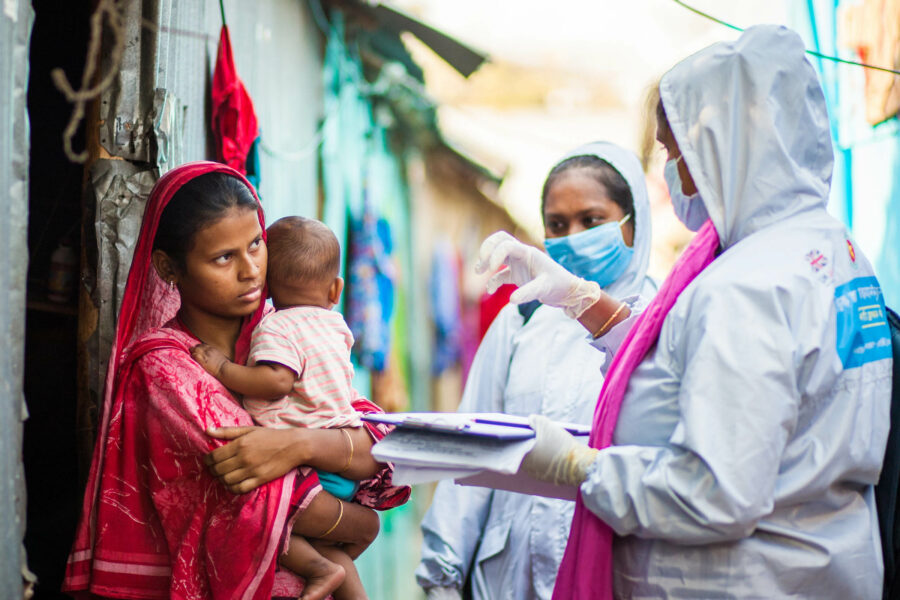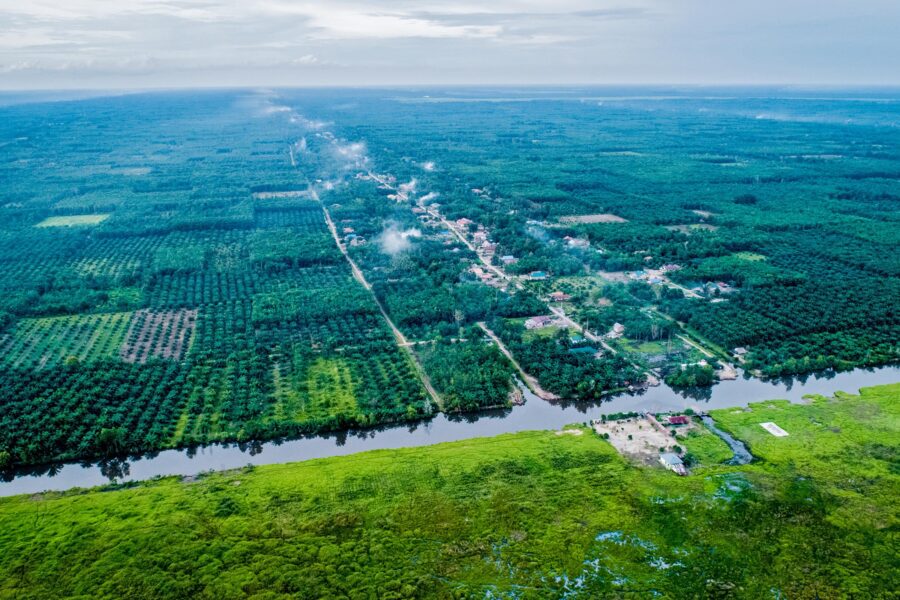SDGs in the balance
As the SDGs approach their midpoint, progress has stalled. The COVID-19 pandemic has especially impacted socio-economic goals SDG 1 (no poverty) and SDG 8 (decent work and economic growth). There is fragility on all fronts: society, economy, climate, and environment. There needs to be a strong political commitment to build protection based on the SDGs – a commitment that is currently lacking.
























